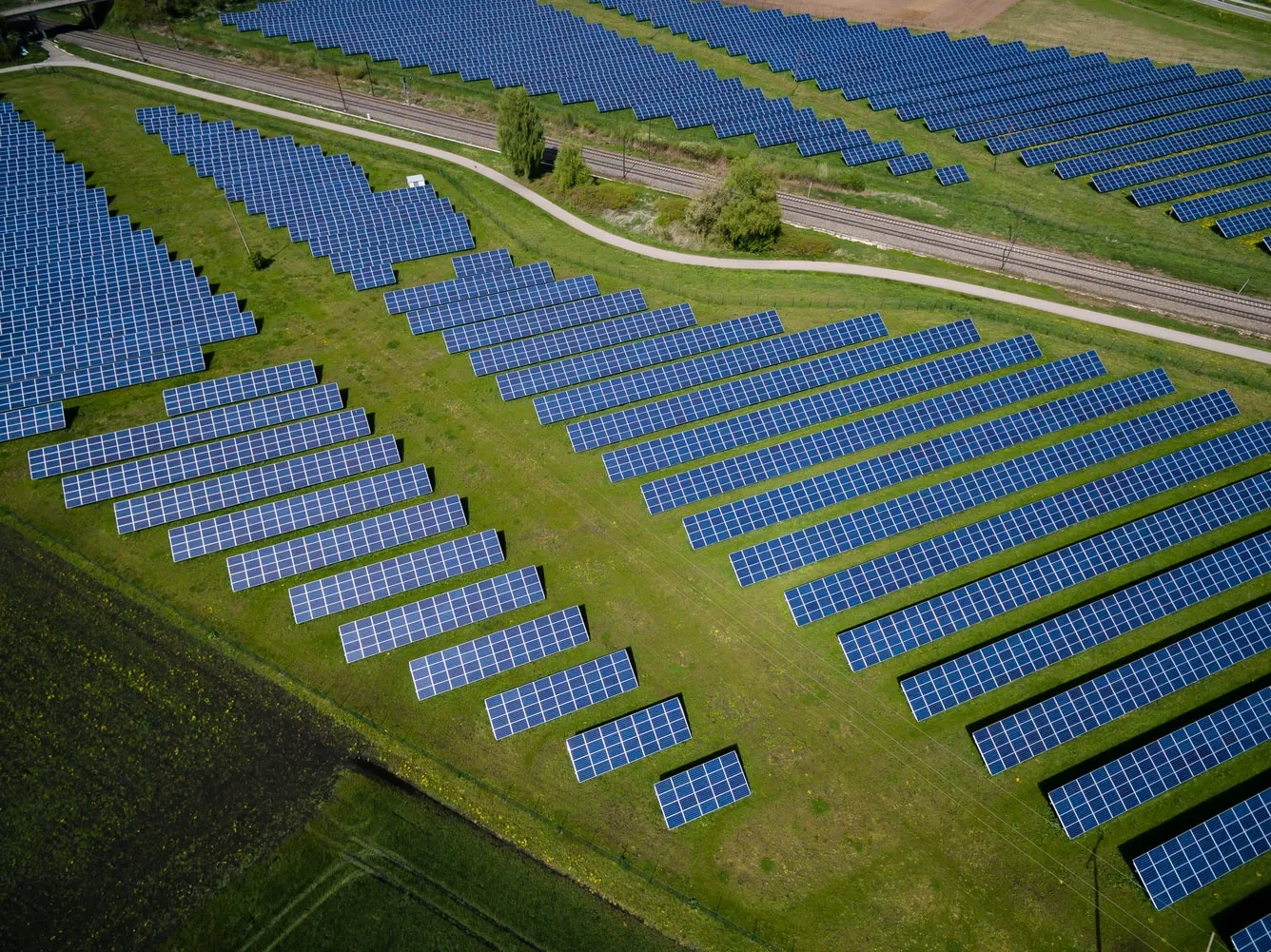The Role of Data Centres in Ireland’s Energy Landscape
Ireland’s Programme for Government acknowledges the significant role data centres play in the country’s economy and energy system while addressing the challenges they pose. As the global demand for digital services grows, Ireland has become a hub for data centres, which now consume approximately 21% of the country’s electricity. These facilities are essential for Ireland’s position as a global technology leader but require careful planning and integration to balance economic growth with energy sustainability.
The Electricity Association of Ireland (EAI) recognises the benefits data centres bring to Ireland, including job creation, investment, and opportunities for innovation in energy systems. Data centres are major buyers of Corporate Power Purchase Agreements (CCPAs), directly supporting renewable energy projects and reducing dispatch down of wind more generally. They also provide opportunities for tailored energy solutions such as on-site generation, energy storage, and demand flexibility. The EAI would welcome working with the new government regarding infrastructure, decarbonisation, and market design to ensure a sustainable path forward.
The Government’s Programme and EAI Perspective: Policies and Measures for Data Centres
The Programme for Government sets out several initiatives aimed at integrating data centres into Ireland’s energy system more sustainably. Listed below are the relevant initiatives as well as EAI’s views:
- Enhancing Renewable Energy Integration: The Programme highlights the government’s aim to ensure the integration of data centres aligns with decarbonisation objectives. Key measures include enhancing their use of renewable energy and prioritising waste heat capture for district heating systems – reducing overall emissions. The EAI highlights that data centres support renewable energy investment and utilisation. The Programme’s focus on waste heat utilisation and renewable integration is a step in the right direction.
- Private Wires Policy: The expedited publication of a Private Wires Policy Framework aims to streamline grid usage for data centres, enabling greater flexibility in how they meet their energy needs. The EAI supports the development of this framework to enable data centres to adopt tailored energy solutions. Private wires offer a more efficient way to connect data centres directly to renewable generation, bypassing traditional grid constraints and reducing pressure on public grid infrastructure.
- Efficient Grid Utilisation: A core focus of the Programme is on ensuring data centres contribute to the efficient use of the grid. This requires robust planning to manage the significant energy demand these facilities generate without compromising grid stability or capacity for other users. As part of ensuring efficient grid use, the EAI sees unlocking demand-side flexibility as essential. We encourage the development of market-based incentives for demand-side response schemes and call for updated scheduling and dispatch rules to enable data centres to participate more effectively in balancing the grid during periods of renewable energy excess.
In addition to these measures, the urgent delivery of the North-South Interconnector is vital. This project will allow for efficient utilisation and movement of excess wind across the Island of Ireland, ensuring renewable generation is maximised and curtailment (dispatch down) is minimised. By facilitating the transfer of energy between regions, this interconnector will support grid stability, enhance renewable integration, and help balance the significant demand posed by data centres.
- Energy Parks: The Programme includes the development of Green Energy Parks strategically co-located with renewable energy projects. These parks aim to attract investments, enhance grid efficiency, and ensure that the energy-intensive needs of large facilities, such as data centres, are aligned with Ireland’s decarbonisation ambitions. The EAI strongly supports the concept of energy parks co-located with renewable sources. By clustering data centres near renewable sources, energy parks reduce grid strain, encourage efficient energy use, and attract investment into renewable infrastructure. These parks provide a practical way to align energy-intensive operations with Ireland’s sustainability goals.
Conclusion
Data centres are an integral part of Ireland’s energy and economic landscape. The Programme for Government outlines important steps to facilitate their continued sustainable growth. For the EAI, ensuring data centres contribute positively to grid stability, decarbonisation, and economic growth remains a top priority and we look forward to working with the new government on these objectives. With the right market frameworks and policy innovations, data centres can support Ireland’s long term decarbonisation objectives while retaining its position as a global technology hub.

